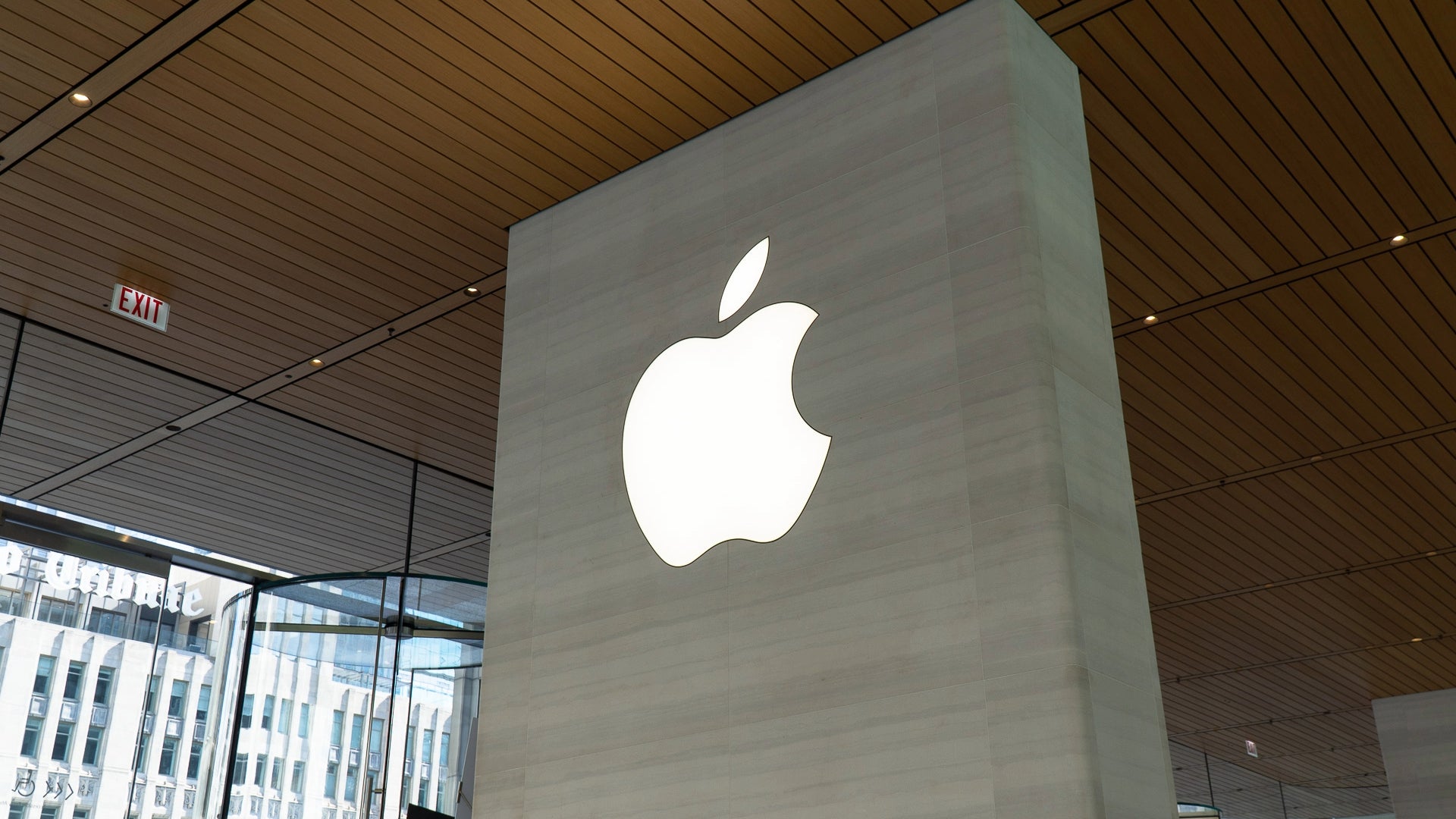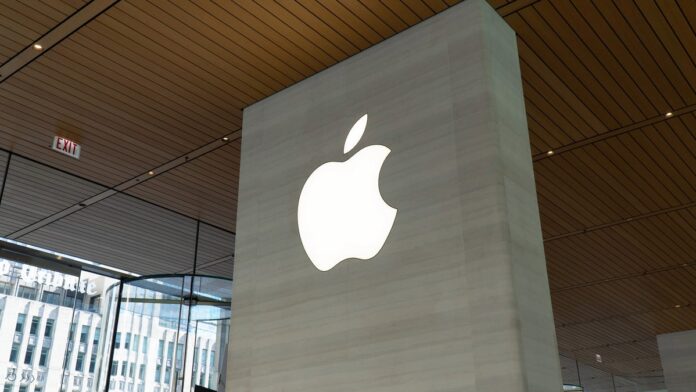[ad_1]

TL;DR:
- EU’s DMA law is forcing Apple to change its ways: iPhone users in the EU will be able to uninstall Safari and transfer data to Android phones easily
- Apple is developing a user-friendly data transfer tool for iPhone to Android switching, expected by fall 2025
- This could address the limitations of existing tools, allowing easier transfer of data like bookmarks and purchased apps.
The document does not specify whether these features will be accessible globally or restricted to EU users. However, many of Apple’s previously announced DMA compliance plans, such as running non-WebKit browser engines and installing third-party app stores, are currently limited to the EU.
According to Apple’s document, the phone data transfer feature is
a solution that helps mobile operating system providers develop more user-friendly solutions to transfer data from an iPhone to a non-Apple phone.
Google already offers the “Switch to Android” app for iOS, but the app has limitations in transferring certain data, such as paid apps, Safari bookmarks, alarms, and miscellaneous files. Apple’s upcoming solution hopefully would address some of these gaps.
With the latest iOS 17.4 update, Apple introduced significant changes to its EU ecosystem rules, allowing users more flexibility, including sideloading apps from third-party stores and choosing default browsers.
The EU’s DMA aims to create a fairer digital playing field. It targets large platforms designated as gatekeepers that control access to online services. Among the gatekeepers listed are Apple, Google, Microsoft, Meta, Bytedance’s TikTok, and Amazon. These tech giants must follow new rules to ensure competition and give users more choices.
[ad_2]
Source link
